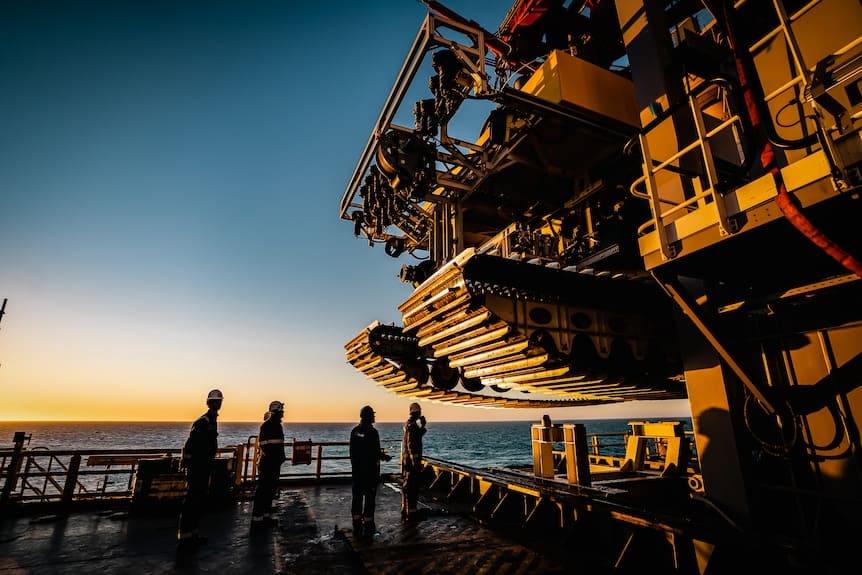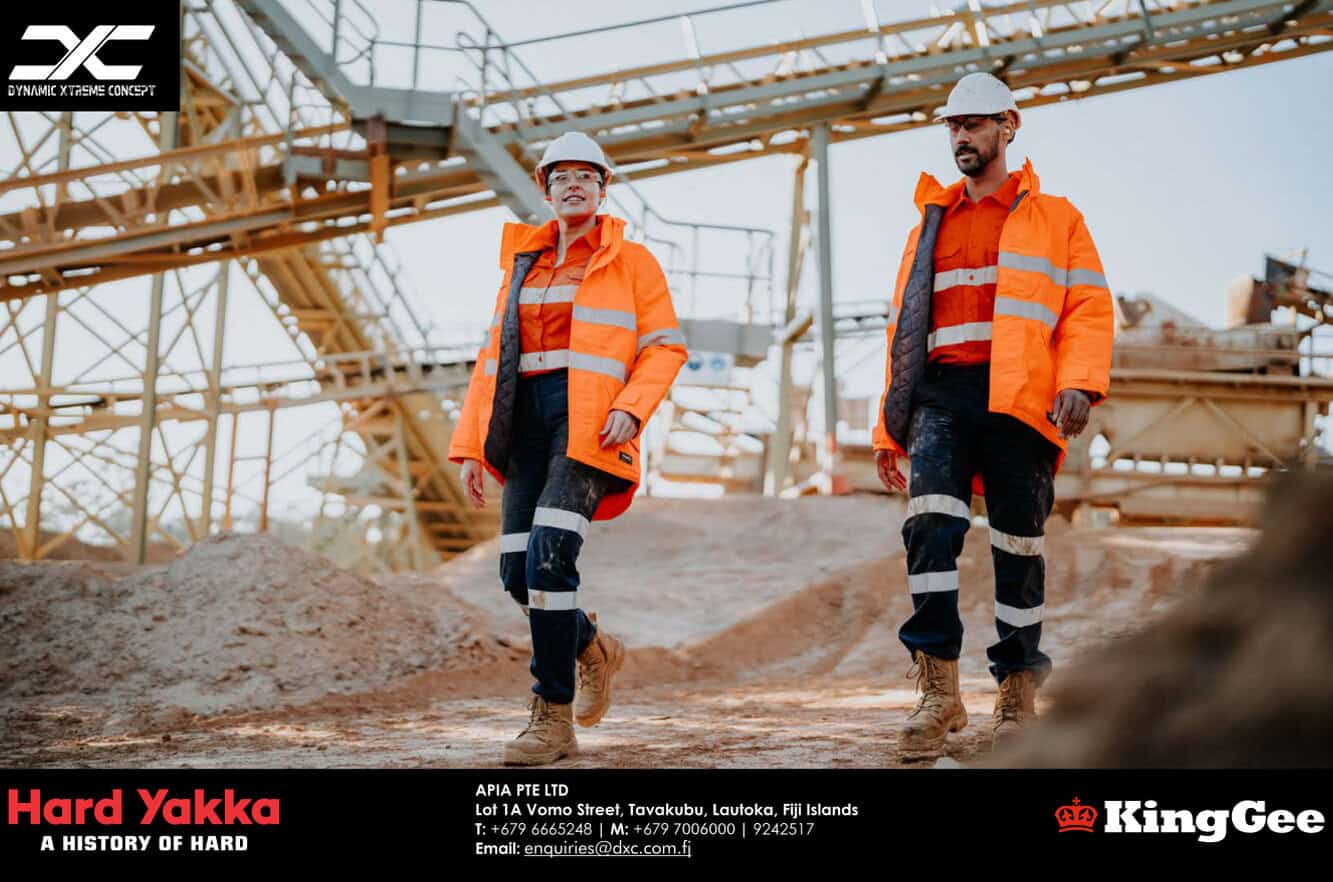Piloting of deep sea mining by the Metals Company has been given the green light by the International Seabed Authority (ISA).
This follows the ISA’s review of an environmental impact statement (EIS) and environmental monitoring and management plan (EMMP) submitted by its subsidiary, Nauru Ocean Resources.
Collection of some 3,600 polymetallic nodules, which will be extracted from the seafloor and brought to the surface production vessel, Hidden Gem for testing, will start almost immediately.
The CEO and Chairman of the Metals Company
Please Subscribe to view full content...

